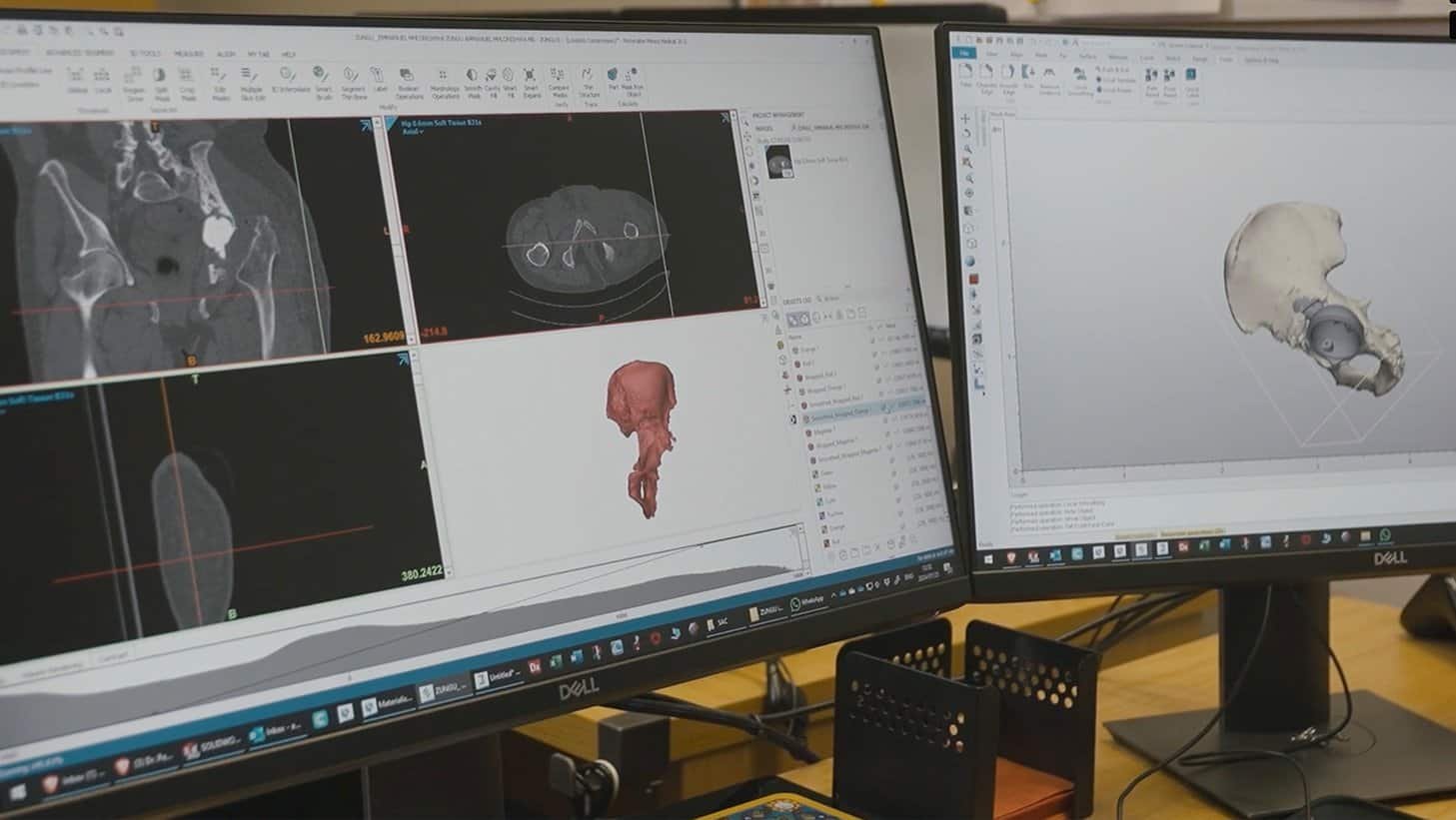We have a campus in Bloemfontein, the judicial capital of South Africa, and one in Welkom, in the heart of the Free State goldfields, which is a semi-rural/urban region, so the two sit within very different communities, with differing needs and opportunities,” says Professor Pamela Dube, Vice-Chancellor of Central University of Technology, Free State, which provides specialist technical education to more than 21,000 students on its two campuses. A successor to the former Technikon Free State and the Vista University campus in Welkom, the Central University of Technology, Free State (CUT) was awarded university status in 2004 after the restructuring of the South African higher education sector. “The university has a responsibility to enable access and further the knowledge and educational experience of our students,” says Dube, “and, wherever possible, address the societal issues in our communities, such as alleviating poverty, growing the economy, improving healthcare and supporting a sustainable future.”
At CUT, these goals are achieved through a combination of empowering education and mutually beneficial collaborations within the communities around each campus. This includes working with outreach projects, businesses, entrepreneurs and government bodies, along with national and international partnerships. The majority of CUT’s collaborations involve the development and application of technology, but this is not to the exclusion of other skill sets and abilities. “Even the most technical of projects will have a human element, because technology is predominantly developed by humans for use by, or to improve the lives of, other humans,” says Dube. “Although our competitive advantage and resources are primarily focused on technology, the emphasis is on the real-life application of our research, education and pioneering developments. This involves, benefits and creates opportunities for students and communities around us.” The university’s collaborative and holistic approach to technology brings together a multitude of disciplines with two key themes: innovation and entrepreneurship. These transcend the courses – whether for undergraduate diplomas, degrees, master’s or PhDs – reaching beyond faculties such as Engineering, Built Environment and Information Technology. “Our aim is to ensure that the knowledge shared at CUT empowers our students and is applicable in society,” says Dube. “For example, we’ve created an advanced manufacturing ecosystem at CUT, which not only provides a hub for our students to explore and develop their own ideas, but is also a vital community resource. We’re very active in product development, 3D printing, reverse engineering, rapid prototyping and bespoke manufacturing.”
CUT has worked on several groundbreaking projects with local community organisations and industry partners. They include producing custom-made, affordable medical implants for use in reconstructive surgery, and bespoke wheelchairs designed to cope with rough, rural terrain. “These projects involve a variety of disciplines, including research development in health, science, engineering, manufacturing, art, design, leadership and management,” says Dube. Agricultural sciences students, meanwhile, are involved in initiatives with local farmers to explore and implement more sustainable practices. “As part of their course, we also ensure that they develop the knowledge, experience and confidence to run their own farms in the future, if they wish.” CUT is working towards becoming a leading university of technology on the African continent – and, with students who represent the different regions and communities around its two campuses, it is capable of effecting meaningful change.
